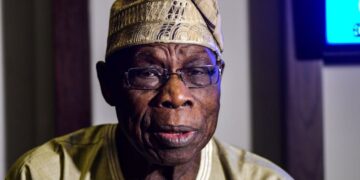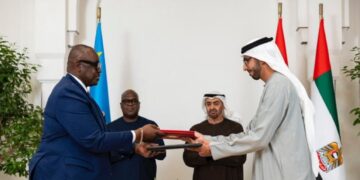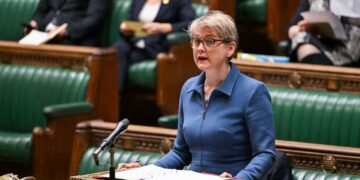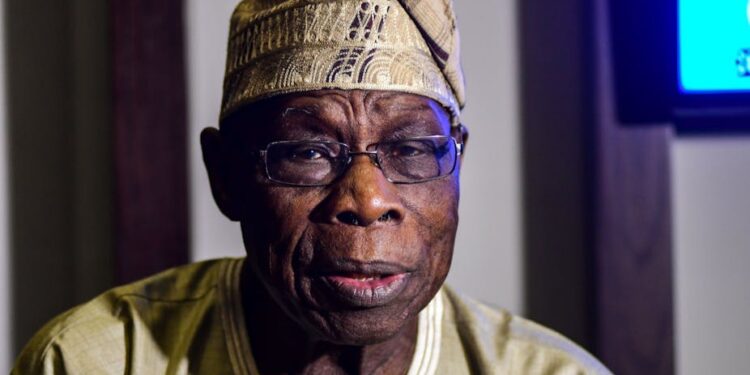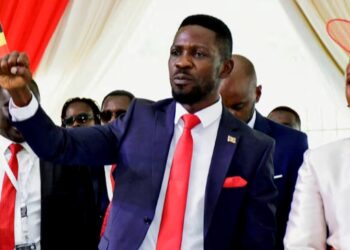By Enyichukwu Enemanna
Former President of Nigeria, Chief Olusegun Obasanjo has denied insinuations that he wanted pushed for a constitutional amendment that would have extended his tenure limited beyond the stipulated two terms of four years each.
Heritage Times HT reports that speculations swarmed in 2006 that Africa’s most populous nation escaped a constitutional crisis when the then Senate President, Ken Nnamani allegedly botched an attempt by the Executive to effect an amendment on the constitution, which would have qualified then President Obasanjo to run for the 2007 presidential poll when he was supposed to step down.
Obasanjo while speaking in Accra, Ghana on Wednesday at the Democracy Dialogue 2025, however said it was only a mere speculation, as he never wanted a tenure extension
The Dialogue had as the theme, ‘Why Democracies Die’. Obasanjo at the event warned that the full democratic dividends cannot trickle down to the grassroot unless there is a reform in context, content and practice.
Organised by Goodluck Jonathan Foundation, the 2025 edition is the fourth in the series since 2021, when the foundation launched the annual discourse. It is aimed at beaming searchlights on the progress, challenges and prospects of decades of democratic rule on the African continent.
“In my part of the world, we have a saying that the thing that kills the vegetable is the insect on the vegetable. The thing that is killing democracy and will kill it is the practice of democracy”, Obasanjo who led the most populous African nation as a civilian President from 1999-2007 stated.
“All the essentials that should be part and parcel of democracy are being ignored or being bastardised in such a way that democracy has failed to deliver and democracy cannot deliver unless it is reformed”, he stated further.
Obasanjo has at various occasions said that African continent is beginning to incubate a growing discontent on the kind of democracy that has been institutionalised for decades, yet has not provided the needed answers in the areas of good leadership, strong institutions, and a stable middle class.
He instead challenged leaders to converge and develop a framework to contextualise democracy that takes into account past experiences and addresses contemporary challenges in such a way that reflects Africa’s rich cultural heritage.
In his address in Accra, he said democracy “can never” deliver unless it is reformed. “If it is not reformed, it will die. It will not only die, it will be buried”, he remarked.
While maintaining there there is no alternative to democracy as originally designed, the former Nigerian leader said the government in place across many African countries today is “government of some people, by some people over all the people”.
He called for a voice for the minority who are subsumed by the majority of the voices in a democratic setting.
The host President, John Dramani Mahama in his speech stated that democracy in Africa could collapse if it does not deliver development in the form of roads, schools, hospitals and jobs, expressing displeasure that surveys continue to show that many young Africans would prefer military rule if democracy fails to address their needs.
The Dialogue, which is at the instance of former Nigerian President, Goodluck Jonathan aims to highlight the need to strengthen independent institutions, such as the courts, parliaments, and electoral bodies, while also safeguarding press freedom and civic space as a way of bolstering democratic practice across the continent.
